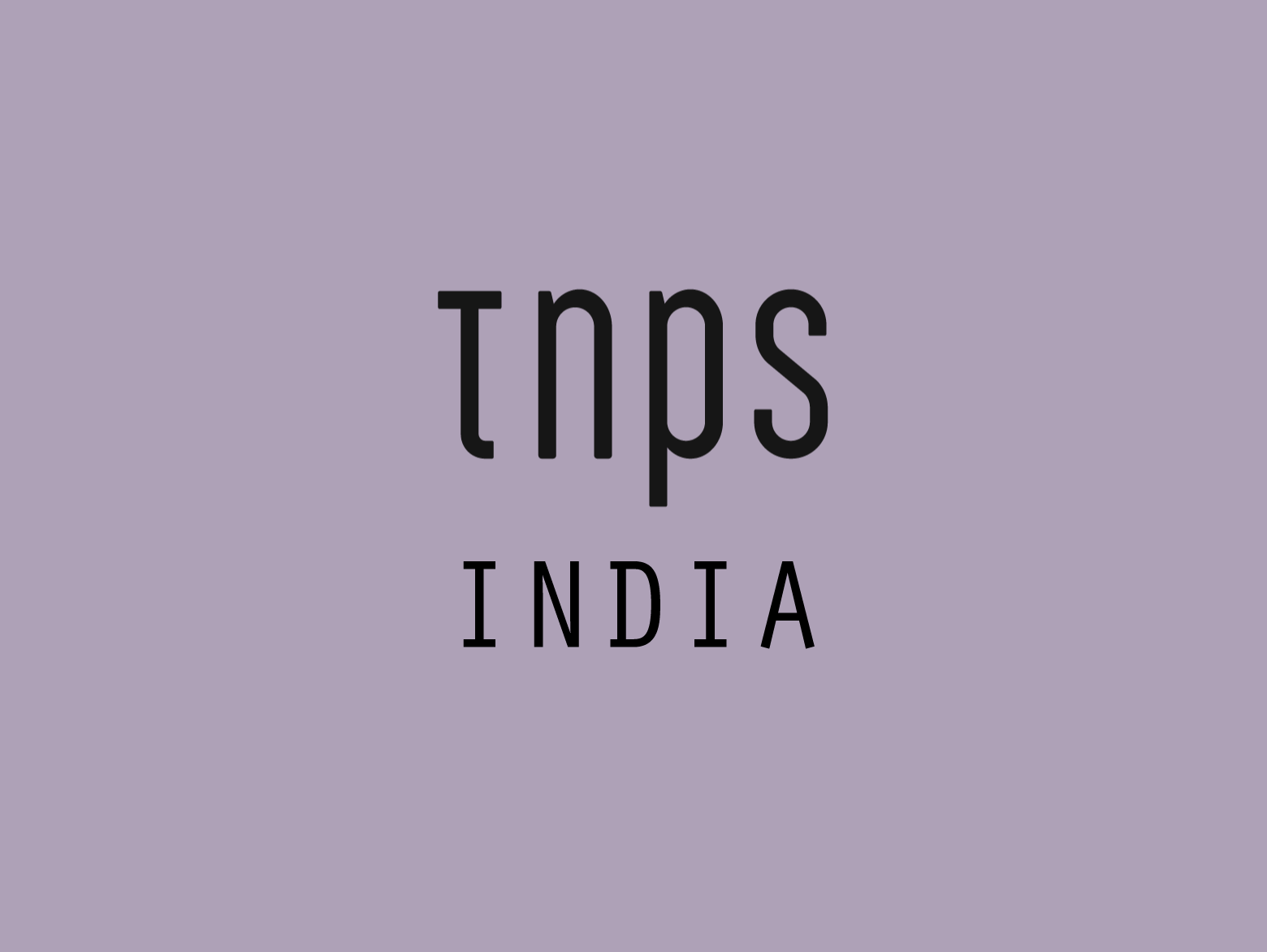Penguin Random House has been in India thirty years, and is marking the event by again partnering its Penguin on Wheels wagon with Walking Book Fairs, touring the country to offer discounted books to eager readers.
First launched in May 2016 Penguin on Wheels was the first such initiative by a major publisher in India.
Neha Punj, PRH India’s Marketing and Publicity Manager explains,
2017 is a landmark year for us as we complete 30 remarkable years in publishing in India. Our vision has been to take books to a large cross section of readership and the campaign ‘Keep Reading’ was a natural extension of this idea. The collaboration with Walking Bookfairs helped us capture this thought process in an innovative format and the growing popularity of this campaign amongst our readership has been very heartwarming for us as an organization.

Penguin India’s book wagon.
The Times of India further notes,
Penguin will be supporting Walking Bookfairs Book Club, which will be hosted on the 4th Sunday of each month. It will also be spanning the states of West Bengal, Jharkhand, Bihar, Chattisgarh and Ahmedabad in Gujarat in the coming months.
All of which is great, of course, and I’m the last person to criticise anyone for trying to get more people reading. But seriously, PRH, have you guys looked at the calendar recently? It’s 2017, not 2009.
Here’s the thing. In any country, let alone one of 1.2 billion people, this sort of stunt, while great for the lucky few who happen to be there on the day, isn’t really reaching many readers, old or new. And while twenty, ten or even five years ago this might have been justifiable as a better-than-nothing solution, in 2017 it is, to put it politely, anachronistic.
Is PRH India unaware that last month India surpassed the USA to become the world’s second largest smartphone market?
Is PRH India unaware that India is the second largest internet country in the world, with 462 million people online, compared to just 287 million in the USA?
Is PRH India unaware that by 2021 India is expected to have 829 million people connected to the internet – more than double the entire population of the USA – and that that will still only take India to 60% penetration?
In countries like India, where the analogue infrastructure of sparse book stores and challenging distribution, and limited reach of online retail for physical goods (delivery issues) mean book choice is severely limited, it’s not rocket science to see the opportunities offered by ebooks.
Rather than trundling around a truck full of printed books, PRH and other publishers in India should be trundling around in trucks kitted out to show Indian readers how they can find, buy and download ebooks to their smartphones.
But right now the analogue publishing industry in India seems either unable or unwilling to take ebooks seriously, perhaps too busy looking over their shoulder at what happened in the US and UK.
But that’s backward thinking. They need to glocalise their thoughts.
In the rich First World countries publishers stand to possibly lose out to digital because it eats away at a once thriving print sector.
In countries like India there is no thriving print sector because the infrastructure isn’t in place. In countries like India publishers stand to benefit enormously by embracing digital and helping steer its course.
Instead it looks like PRH India and other Indian publishers – with a few innovative exceptions – will be repeating the mistakes made in the US and UK.





